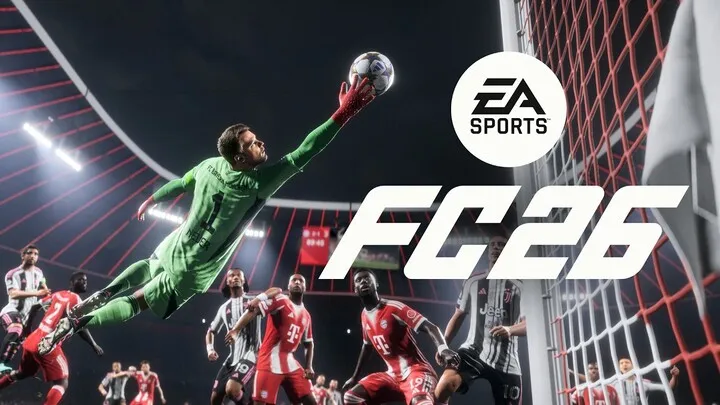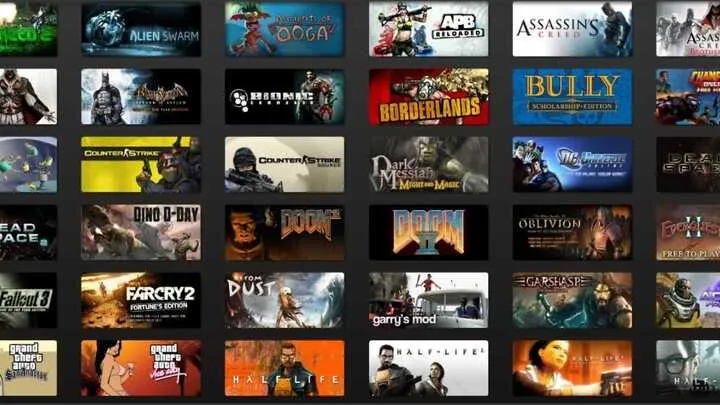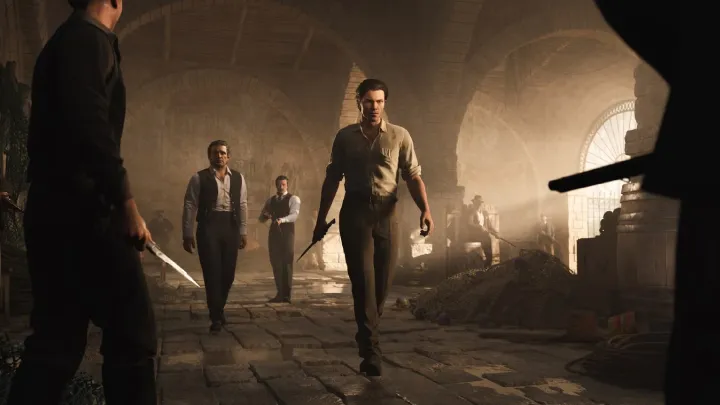FC 26 is more than just a football game; it’s a simulation of real-world football management that pushes players to think beyond the pitch. While many fans focus on fast-paced online modes, Career Mode has always been the beating heart for those who want to control every aspect of a club’s destiny. Mastering Career Mode isn’t just about winning matches—it’s about scouting, signing, training, managing finances, keeping morale high, and building a dynasty that lasts for decades.

In this guide, we’ll dive deeply into how to become a master of Career Mode in FC 26. By the end, you’ll understand not only the mechanics but also the mindset required to dominate as a manager, whether you’re taking over a world-class club or building a small team from the bottom divisions into legends. We’ll go step by step, covering everything from your first choices to long-term sustainability, with practical tips, examples, and strategies.
Choosing the Right Team at the Start
Your Career Mode journey begins with a choice: which team will you manage? This is more than just a preference for colors or badges; it’s the foundation of your experience.
If you’re new, it’s often wise to start with a mid-table club in a major league. These teams provide enough resources to experiment without the overwhelming pressure of immediate silverware. On the other hand, veterans of the series may enjoy the challenge of taking a low-division club and climbing through promotions season by season.
Factors to consider when choosing your team
- Budget: Bigger clubs like Manchester City or Real Madrid give you financial freedom, but also higher expectations.
- Squad depth: Smaller clubs may have glaring weaknesses that need urgent fixing.
- Objectives: Each club has board goals, from winning titles to developing youth, that shape your strategy.
Building a Balanced Squad in the First Season
Once you’ve chosen your club, the real work begins. Many players fall into the trap of signing big names immediately, but your first season should be about balance, not just star power.
Start by analyzing your squad position by position. Look for gaps where injuries could expose weaknesses. For example, if your starting striker is strong but you lack a backup, prioritize finding cover rather than splurging on a superstar midfielder.
Key strategies in season one
- Prioritize depth: Injuries and suspensions can derail your campaign without proper backups.
- Loan smartly: Use loans for young players you don’t plan to use immediately, and bring in loanees to plug short-term holes.
- Avoid overhauls: Too many new faces can hurt team chemistry and morale.
How to Scout and Sign Youth Talents
Youth scouting is one of the most satisfying aspects of Career Mode, turning unknown prospects into world-class stars. FC 26 improves youth development, making it a crucial strategy for sustainable success.
Effective scouting

Hire the best scouts your budget allows and assign them to regions with strong reputations for footballing talent—Brazil, Spain, and Germany are classics. Set criteria based on your club’s needs: are you searching for versatile midfielders, quick wingers, or strong defenders?
Signing and nurturing
When youth players enter your academy, monitor their potential rating. Focus on those with high ceilings and natural positions you lack depth in. Promote them at the right time—too early, and they may stagnate from lack of play; too late, and they might leave for opportunities elsewhere.
Managing Training Sessions and Player Growth
Player growth is no longer passive in FC 26; it requires careful planning. Training sessions are your tool to shape athletes into stars.
Training systems
Assign individual development plans tailored to each player’s role. For example, a box-to-box midfielder may benefit from stamina and passing drills, while a young striker should focus on finishing and composure.
Balancing fatigue and growth
Overtraining can cause fatigue, which affects match performance. Rotate training schedules to keep players fresh while ensuring steady progression. A smart manager prioritizes both short-term match fitness and long-term growth.
Tactical Mastery: Formations and Playstyles
Tactics in FC 26 are deeper than ever. A good squad can fail if deployed incorrectly, while a modest team can thrive under the right system.
Picking formations
Start by evaluating your squad. If you have fast wingers, a 4-3-3 may maximize width. If your midfield is stacked with talent, a 4-2-3-1 might give control. Avoid shoehorning players into unsuitable systems just to mimic real-world clubs.
Adapting playstyles
Experiment with pressing, possession, or counterattacking strategies. Use in-game tactics to adapt to opponents: press high against weaker teams, or sit deep and counter against giants. Flexibility is the hallmark of a great manager.
Financial Management and Transfer Strategy
Even the best tactical mind will struggle without sound financial management. FC 26 demands smart budgeting, especially for long-term careers.
Income streams
Success in competitions boosts prize money, but transfers and player sales are also vital. Develop youth and sell surplus players to fund key signings.
Transfer tips
- Target undervalued gems: Use scouting reports to find players with high potential but low cost.
- Stagger big buys: Avoid blowing your budget in one window; spread spending across multiple seasons.
- Wage control: Overpaying one player can destabilize the squad. Maintain wage structures.
Handling Morale, Chemistry, and Team Dynamics
Winning matches is easier when morale is high. FC 26 emphasizes player happiness, making it a vital part of your role.

Managing morale
Respond positively in press conferences, praise good performances, and keep promises about playing time. A happy squad plays harder for you.
Team chemistry
Rotate your squad to keep fringe players involved. Strong chemistry improves passing, pressing, and overall performance. Ignore morale, and even stars may underperform.
Preparing for High-Stakes Matches and Tournaments
As you progress, you’ll encounter cup finals, title deciders, and continental clashes. These games require meticulous preparation.
Pre-match planning
Study your opponent’s strengths and weaknesses. If they rely on pace, adjust your defense to cover wide areas. If they lack creativity, press high to force errors.
In-match adjustments
Use substitutions wisely to change momentum. A late attacking sub can exploit tired defenses, while a defensive reinforcement can protect leads.
Long-Term Legacy: Sustaining Success Through Seasons
The mark of a great Career Mode manager isn’t one trophy—it’s sustained success. To build a legacy, you must plan beyond a single season.

Building dynasties
Keep refreshing your squad by blending youth with experienced leaders. Avoid relying too heavily on aging stars; phase them out gradually.
Adapting to evolution
As AI clubs improve, adapt your strategies. Rivals will strengthen, requiring you to innovate. Stagnation is the enemy of longevity.
Conclusion
Mastering Career Mode in FC 26 is a marathon, not a sprint. From selecting your first team to winning Champions League finals and building dynasties, every choice matters. Success comes not just from tactical brilliance, but from balance—between squad depth and youth development, finances and ambition, morale and discipline.
By following these tips and strategies, you’ll transform from a rookie manager into a legend who can guide any club to glory.

















